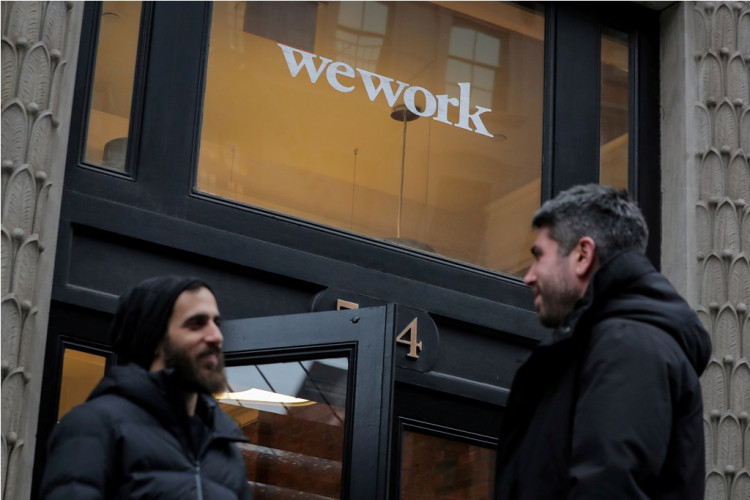WeWork is reportedly delaying its initial public offering (IPO) until sometime October as the company continues to convince investors about its plans for the business. The real estate firm was reportedly trying to get its listing by the end of September.
Sources with knowledge of the matter told the Wall Street Journal on Monday that WeWork will most likely push back plans for a supposed roadshow this week. Before companies go public, a roadshow is conducted wherein potential investors meet with startups.
Among the concerns that investors reportedly raised with WeWork are the company's business model, administrative processes, and the firm's expected valuation of $47 billion. Investors are also said to have questions regarding the real estate firm's foundation in case a recession kicks in.
Due to the increasing doubts about the company's valuation, WeWork reportedly considered downsizing the initial valuation conferred by SoftBank, the company's biggest investor. The company even considered going as low as $10 billion.
Industry experts have weighed in on the matter, indicating that SoftBank may feel the brunt of the IPO delay. Reuters reported that should We Company, WeWork's parent company, will also see its value shrink if it pushes through with the listing with only a fraction of its expected valuation.
SoftBank has been supporting We Company and its arms, including its real estate startup. The Japanese finance giant is also working to raise $108 billion for its planned part two of the Vision Fund.
Industry analysts believe that if WeWork goes through with the roadshow this week and settles for much less than the valuation it believes in, both We Company and SoftBank will be hit hard.
Other industry experts have also pinpointed some of the key aspects that may be keeping investors from cashing in on the supposedly promising startup that has raised around $12 billion to date.
One of the controversies that put WeWork under heat is CEO Adman Neumann's move of cashing out an estimated $700 million through loans and stock sales. Some analysts said the move may be pointing to Neumann's weak confidence on the success of the company he started.
Investors have also questioned the way We Company and its real estate startup's process of transparency with interested people who want to put faith in the firm. Experts said WeWork should have ironed out the red flags before even announcing plans for an IPO.
Among the red flags is Neumann's role as both landlord and tenant as well as the business model that works on securing long-term leases from enterprise customers who now account for around 40 percent of the startup's client base.





